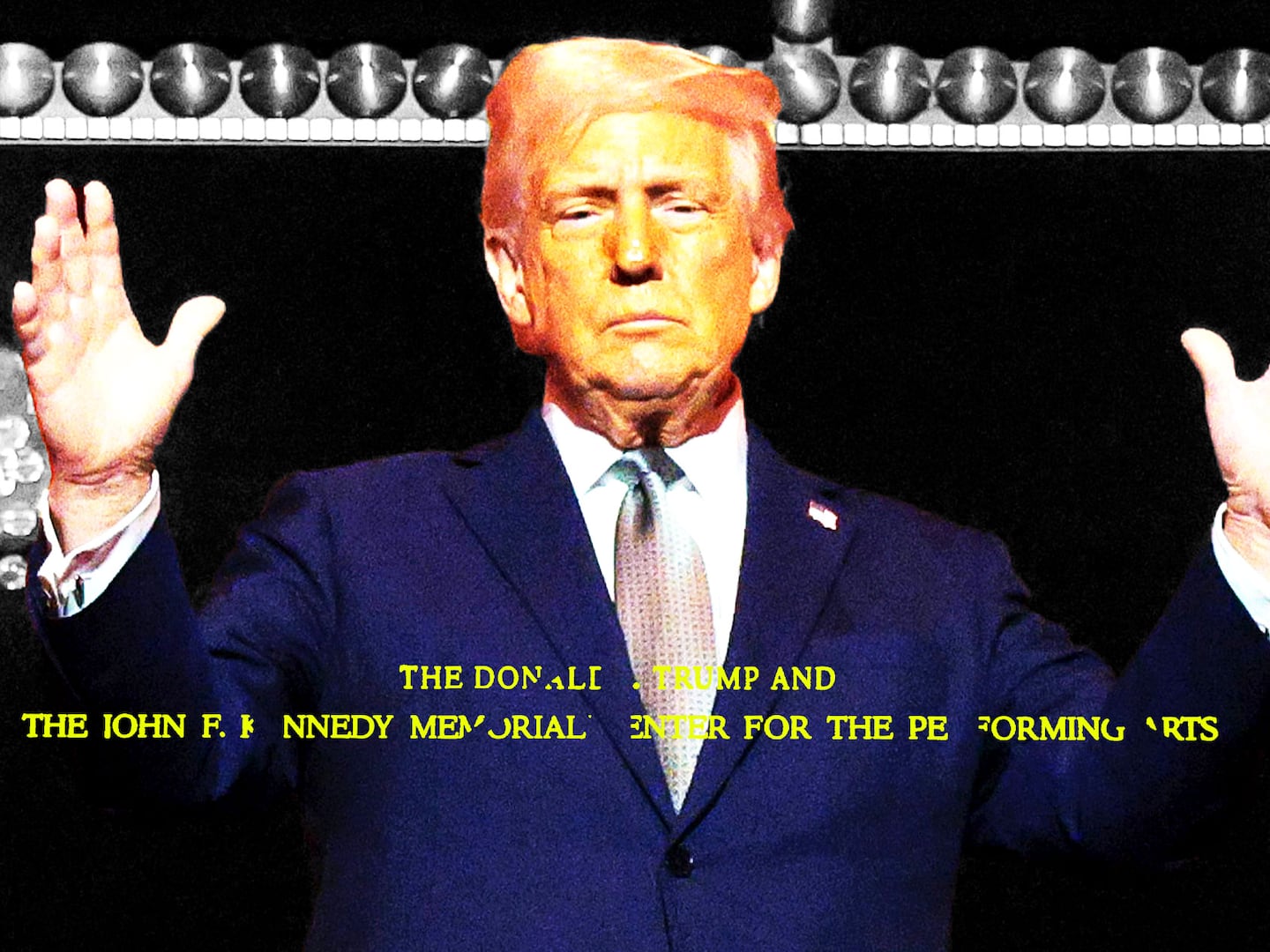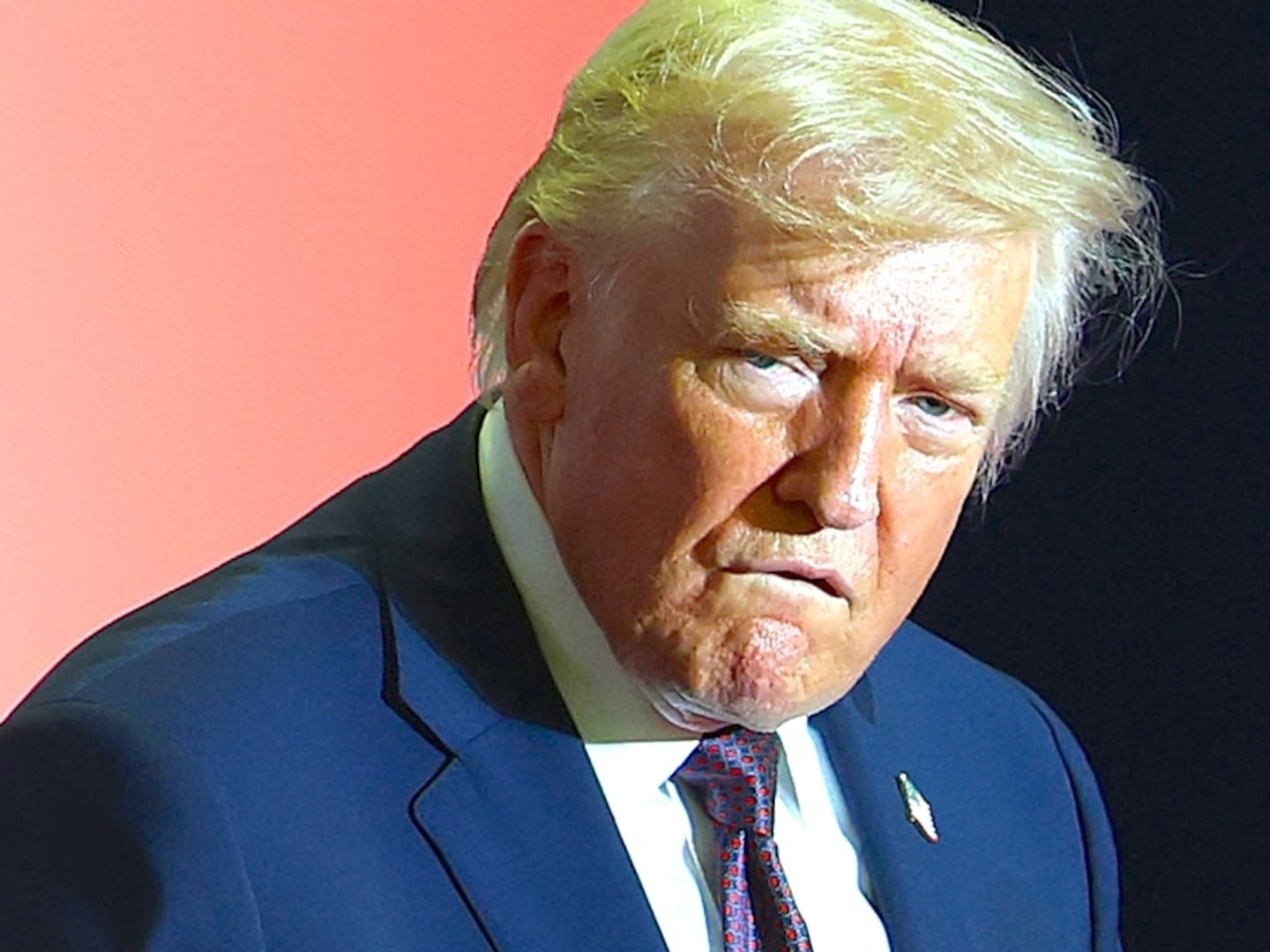Oklahoma Senator Tom Coburn has had it. The plainspoken conservative stalwart is leaving Congress at the end of the year, but he’s hardly finished with politics. There’s just one catch: Our only hope, he says, is a new Constitutional Convention.
Take a number and get in line, Senator.
The fantasy of a fresh constitutional start has been kicking around in earnest for years now—and despite ever-deepening frustration across the political spectrum, it’s not any better an idea now than it was then.
In fact, it’s a recipe for disaster. That’s a painful realization for any liberty-friendly strategist, especially one who finds hope in the possibility of a working coalition of reform-minded radicals right, left, and center. The prospect of a new convention has drawn together the likes of Lawrence Lessig and Glenn Reynolds for encounters that do, importantly, build cross-partisan trust. But radicals of every stripe need to temper their zealotry by recognizing that radicalism and nationalism are a dangerous, unstable mix.
To understand why, think about what’ll happen if we focus so much on the content of the Constitution that we neglect the role it serves in American life. To be sure, the Constitution we’ve got is hardly a perfect document. (Much like people, even really good political frameworks can’t work perfectly.) On the other hand, it possesses a degree of integrity that no constitutional convention can replace: as a founding document, it’s more than the sum of its parts.
What’s more, however, the constitution’s authority is exceedingly fragile. Polls show Americans now struggle to take our foundational institutions seriously. Last year’s Wall Street Journal/NBC survey suggested that only the military boasts strong—if declining—public confidence. From a distance, it might seem that the Constitution commands respect even in today’s cynical, of-the-moment culture.
Look closer, however, and I suspect a different picture will emerge. Most people are far too busy to reflect on constitutional matters. Very few people ever have the kind of personal interaction with the Constitution that they have routinely with institutions like the IRS, the auto industry, Wall Street, the press, or Congress. As a result, the Constitution’s reserve of authority is like the cobwebbed pile of books grandpa still keeps in the attic. Go up there and poke around, and you’ll start to wonder why nobody’s thrown out the old junk.
This kind of reaction is sure to confuse some of our patriotically-minded defenders of our Constitution. Surely, they will object, nationalism in America means constitutionalism! That’s wishful thinking. Even setting aside the endless controversy over whether the Civil War “completed” the American Revolution or replaced one constitution with another, more recent history shows that our nationalists are instinctively dissatisfied with our founding constraints. In the early twentieth century, Progressives of both parties pushed for a “modernized” form of governance that moved faster and more powerfully than the old document would permit. Then as now, nationalism strode a step ahead of the Constitution, insisting that greater power in greater concentration is the only solution to the demands of the day.
To be fair, there are nuanced arguments to be made—always invoking Alexander Hamilton—that the Constitution embraced expansive executive power from the outset. But the reforms proposed by our current conventioneers seek to radically restrain the force and scope of the federal government. Much of the momentum for a new convention is traceable back to talk radio’s Mark Levin, whose list of proposed “liberty amendments” includes perennial conservative favorites like term limits, a balanced budget, voter ID, and a repeal of the direct election of senators.
It’s an open question why so many convention boosters think these are attainable goals. One hundred convention-friendly state legislators from 32 different states gathered in December as if Mark Levin’s ideas would be hardwired into a constitutional rewrite. In reality, the proceedings would be dominated from the first instant by progressive nationalism. As Alex Seitz-Wald explains at National Journal, that’s by far the most influential strain of radical Constitutional critique. Instead of permitting state legislatures to select senators, a constitutional convention would more likely democratize the higher chamber even further. Instead of limiting terms, a new Constitution would—as Professor Lessig suggests—place strict new limits on private financing of political activity.
That’s why some old-line conservatives fear that a new convention would lead to chaos. But that’s wrong: It’s all but a certainty that small-government conservatives would simply be steamrolled. Too many states would ratify progressive nationalist amendments. Too few would ratify amendments designed to extract the federal government from the minute details of citizens’ lives. And if the conservatives did somehow win out, you can be certain that infuriated Democrats would pull out all the stops to get the new amendments thrown out in court.
Yet in spite of it all, there’s still the argument from despair: Since our current regime is failing us, we’ve got to at least attempt a big change. After all, when a set of rules becomes more of a hindrance than a help to the will of the people, isn’t it incumbent upon a democracy to change the rules?
But we, not just our representatives, care less about prudence and stability than we do about amassing money and power, accumulating status, and enforcing our moral codes. We, not just our federal overlords, have largely stopped imagining that timeless political truths will help us build institutions that can last for hundreds of years. In place of a popular will, there’s a divided, fearful electorate on the one hand and a mass of all too indifferent and ignorant pseudo-citizens beneath it.
We can continue to blame the constitution. But we the people are failing ourselves.





